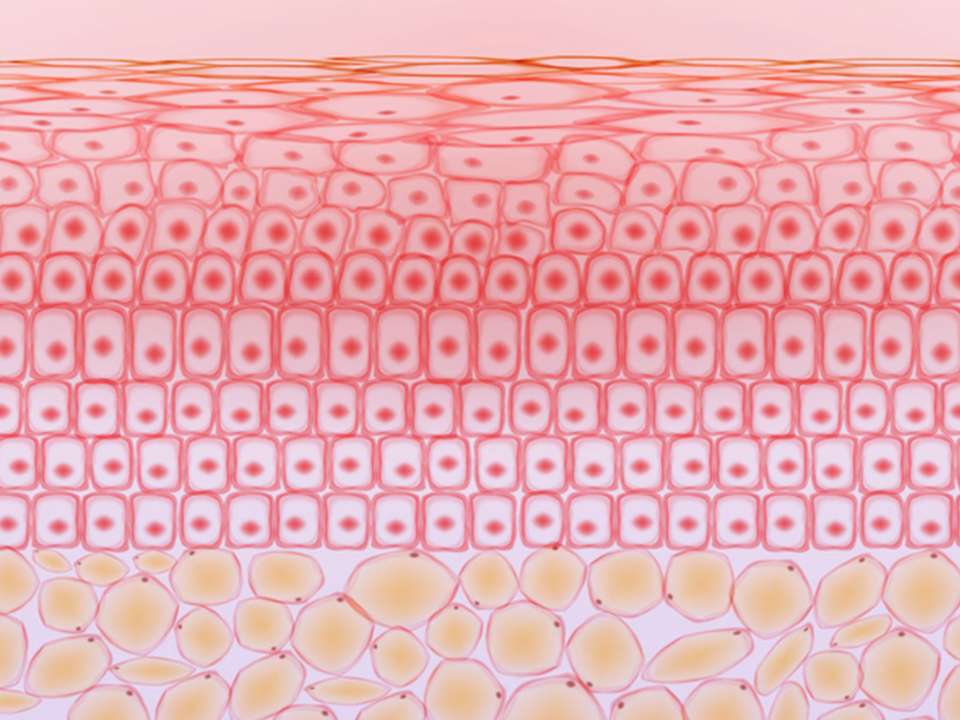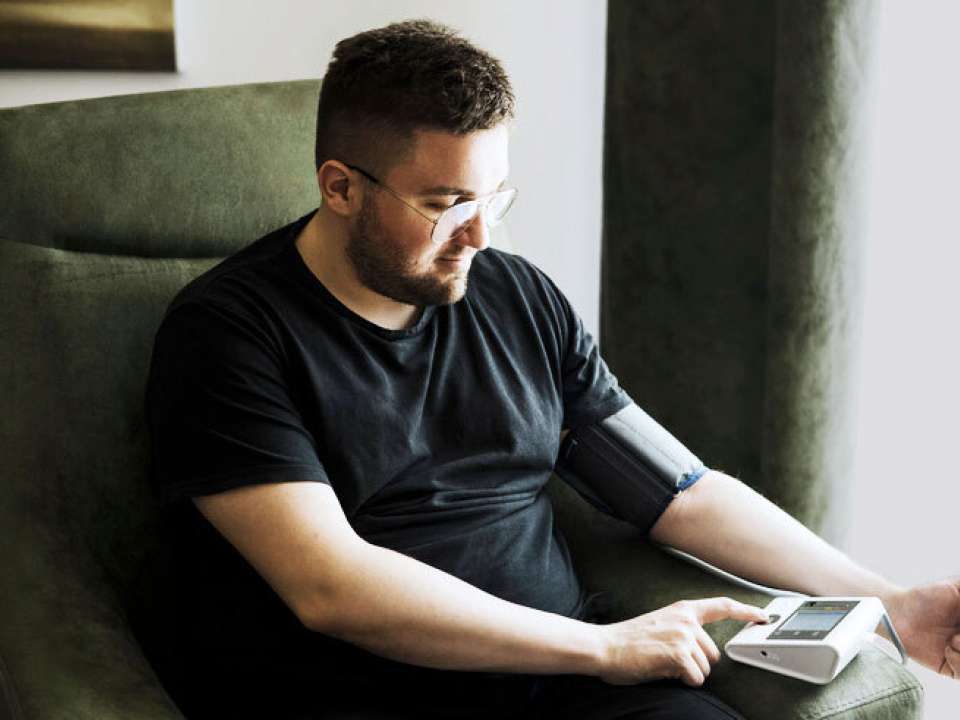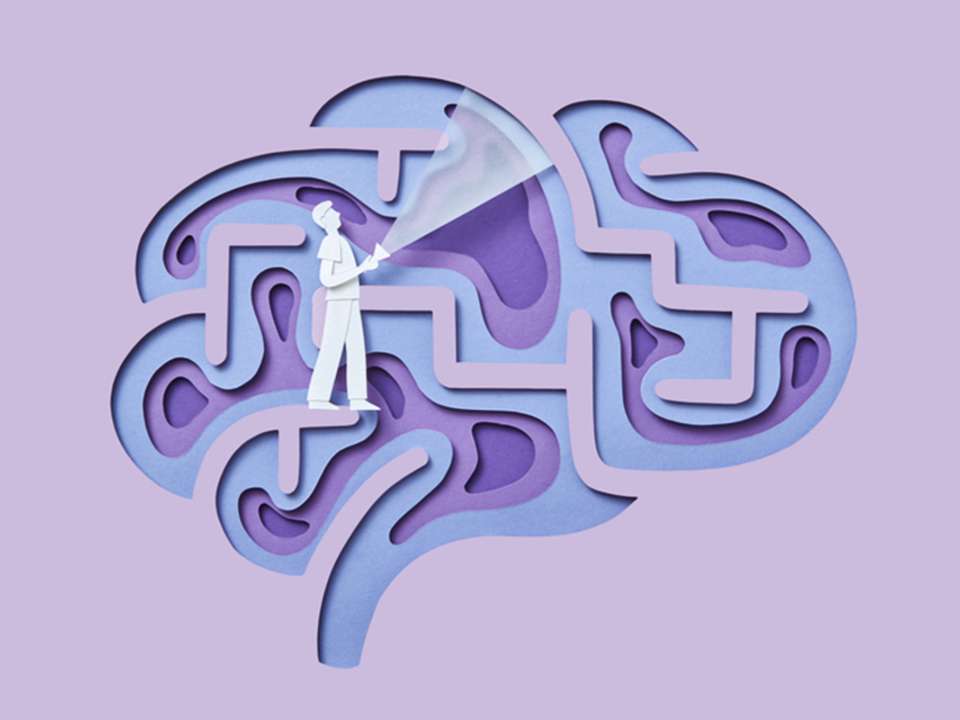
The thyroid is the quiet hero of the body, but many of us don’t know all of its functions, or even where it's located. It might be surprising to know that the thyroid is one of the most important glands in your body, with some of the most misconceptions.
4 facts about the thyroid gland
The thyroid gland doesn’t need to be a mystery. So, what is important to know?
The thyroid gland produces hormones
Picture a small, butterfly-shaped gland inside of your neck. That’s the thyroid — a small-but-mighty gland located in front of the trachea. It is easily felt, can be seen if really enlarged, and makes and secretes thyroid hormone, which controls the way your body uses energy.
“The thyroid hormone is essential and has a hand in tons of things in your body,” says Dr. Nicole Zern, a specialist in endocrine surgery at the Endocrine Tumor Center at UW Medical Center – Roosevelt. “The thyroid can either produce too much or too little of the hormone. If you have too much, you might feel hyper or worked up. Too little may result in slowing down of body functions, like constipation or fatigue.”
The thyroid regulates metabolism (and much more)
The hormones that come from this small gland affect and regulate many vital functions of the body. Some of these hormones are responsible for maintaining your metabolic rate, which affects body temperature, heart rate and more.
“The hormones play a role in metabolism, energy levels, sleep patterns, bowel habits, skin and hair health, and touches a ton of other things in your body,” Zern says. “Many times, doctors will check thyroid hormones every year through a blood test to look for any abnormalities that may cause some of these symptoms.”
Sometimes, one may experience symptoms of too little or too much of the thyroid hormone and have a normal blood test.
“Someone could get a normal blood test and have symptoms,” Zern says. “It’s not always the thyroid, because these symptoms could be caused by many other illnesses.”
While it’s possible these symptoms may have a cause not related to the thyroid, it’s important to rule out the possibility of dysfunction during an evaluation.
There are several types of thyroid disorders
Generally, the thyroid functions smoothly as long as our diet has sufficient iodine. That’s why many table salt products are supplemented with iodine. There are many great sources of iodine, such as fish, kelp, yogurt and more.
However, in the event the thyroid is having trouble, a blood test is the best bet to indicate any issue with the thyroid.
“One of the main drivers behind the thyroid not working is inflammation,” Zern says. “Different inflammatory issues can affect it. It’s different for every person, but some people find that anti-inflammatory diets, exercise or more can help.”
If there are any abnormalities found that can’t be regulated through anti-inflammatory methods, many of the disorders will need care and attention from a physician or other medical provider. Different types of thyroid disorders include:
-
Hyperthyroidism/Graves’ Disease/Toxic Nodular Goiter/Thyroiditis: an overactive thyroid gland.
-
Hypothyroidism: an underactive thyroid, and the most common thyroid disorder.
-
Hashimoto’s Thyroiditis: an irritated or inflamed thyroid.
-
Tumors: cancer found in the thyroid.
Additionally, thyroid disorders can affect women differently, including impacts to puberty and menstruation, reproduction, pregnancy and postpartum, menopause, bone health and mental health. In fact, thyroid disorders are much more common in women than men, according to the Thyroid Society.
A lump on the thyroid is likely not cancer
Yes, you read that right. There’s a common misconception that a lump or nodule on the thyroid is most likely cancer, but that’s actually not the case.
“One thing I encounter pretty commonly is that when people see or feel a nodule, most people assume that it’s cancer, and 90% of things will be benign,” Zern says. “People instantly think that if there’s a lump that it means cancer, but that’s not the case. A lot of times we don’t even have to do surgery, because the lump won’t need to be taken out.”
Check your thyroid function, and your paranoia levels
When you finally understand the impact such a small gland has on the body, it’s easy to become hyper-aware of all of your body functions and energy levels. But remember – many of the symptoms of a thyroid issue are the same as many symptoms of being a healthy human. Your high or low energy might just be from a productive or exhausting week.
During your regular checkups with your provider, you can always get your thyroid checked for that added peace of mind.

 Healthy ideas for your inbox
Healthy ideas for your inbox





